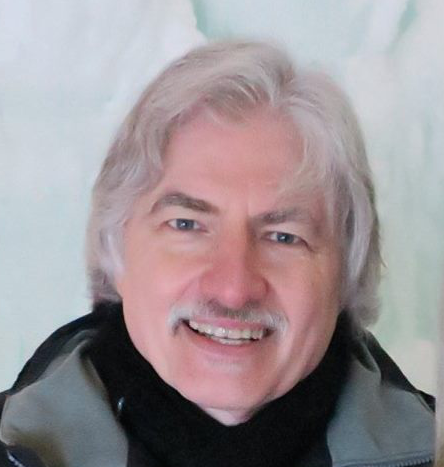Fantastic Beasts and Where to Find Them
Rowling offers a marvelous new protagonist in a clichéd plot
J. K. Rowling returns to the world of Harry Potter with a series of films based not on books she has written but on screenplays she is writing directly for the films. The first in the series is Fantastic Beasts and Where to Find Them, and its blockbuster status assures that we will be seeing the rest of the series (five in total) in the years to come.
Fantastic Beasts could have been a classic for the ages instead of merely a fun night at the movies.
Fantastic Beasts is directed by David Yates (who directed the final four Potter films) and stars Eddie Redmayne as Newt Scamander, one of the best and most fascinating characters Rowling has ever created. Unfortunately, Rowling was unable to develop a plot worthy of her marvelous protagonist. Had she done so, Fantastic Beasts could have been a classic for the ages instead of merely a fun night at the movies.
Newt is a former student at Hogwarts (he got kicked out) who comes to New York City in the 1920s in order to save another “fantastic beast” from extinction. He’s been hunting around the world for these beasts and he’s brought a bottomless suitcase full of the beasts with him. Unfortunately for Newt and his beasts, New York City doesn’t allow magic of any kind, though there’s a very large and beautiful office building (one of many great sets) full of magic in the heart of Manhattan. It’s the home of the Magical Congress of the USA (MACUSA), whose staff make sure that any magic that does turn up in the city is immediately shut down (lest a war break between them and the No-Majes, which is what Americans call the Muggles—people who can’t do magic). Among the people working for MACUSA are Tina Goldstein (Katherine Waterston), her sister Queenie (Alison Sudol), Seraphine Picquery (Carmen Ajogo), the president of MACUSA, and Percival Graves (Colin Farrell).
Graves is one of the leaders of MACUSA, but he behaves in a suspicious and unwholesome manner, especially with the teenage Credence (Ezra Miller), who himself seems a little suspicious. Credence and his sisters have been adopted by Mary Lou (Samantha Morton), a vicious woman who despises all things magic and is intent on ridding the world of witches.
There’s a lot going on in Fantastic Beasts (I’ve barely scratched the surface), but let’s return to the start of the film. Shortly after arriving in New York City, Newt encounters Mary Lou and Credence at the same time that he runs into Jacob Kowalski (Dan Fogler), a harmless would-be baker who accidentally switches suitcases with Newt. Kowalski, in turn, accidentally releases Newt’s fantastic beasts into the city, which draws the attention of Tina and Queenie and, ultimately, MACUSA, which is not impressed. Can Tina and Queenie prevent disastrous consequences for Newt and the fantastic beasts? And what is the mysterious Graves up to?
While Fantastic Beasts is largely an ensemble film, with strong acting throughout (Waterston stands out), what makes it special for me is the character of Newt, who is played perfectly by one of the world’s finest young actors (Redmayne). The innocent, compassionate, and sensitive Newt is a marvel in an age where adventure film heroes are strong, justifiably angry protagonists (like Potter) capable of whatever violence is needed. Instead of violence and threats, Newt defends his creatures with pleas aimed at the hearts of his antagonists. Wonderful stuff! It’s as if Rowling is continuing the journey, begun with Potter, toward understanding the kind of leaders the world truly needs.
So why, if Rowling understands this so well and provides so much great dialogue, does she then offer a plot full of all the clichés of the myth of redemptive violence, populating her screenplay with not one or two but three “baddies” whom the audience is supposed to loathe before they are defeated (usually killed off in horrible ways)? Inexcusable! Not only are those scenes much too dark to be watched by children, they are meant to satisfy the lowest sensibilities of the audience while Newt is supposed to appeal to the audience’s highest sensibilities. Why does Rowling do this?
Aside from the above complaint, the only other major flaw in Fantastic Beasts is that some scenes are just too light and silly to do justice to Newt’s character (in other words, he deserves to be taken very seriously). I also didn’t appreciate the made-for-3-D cinematography, which otherwise was very good. Meanwhile, the score by James Newton Howard was excellent, if occasionally overbearing.
Fantastic Beasts is a well-made adventure that’s lots of fun to watch and offers one of the best protagonists in film, but ultimately it had too many scenes that left a bad taste in my mouth, making it much harder to recommend (especially to families). Very sad.
Fantastic Beasts and Where to Find Them is rated PG-13 (a well-deserved rating) for some fantasy action violence.
All reviews express the opinions of the reviewer, not necessarily the views of Third Way.




